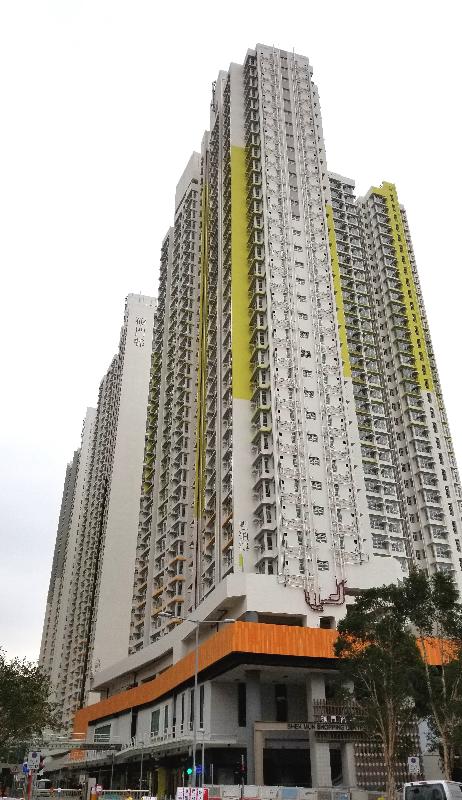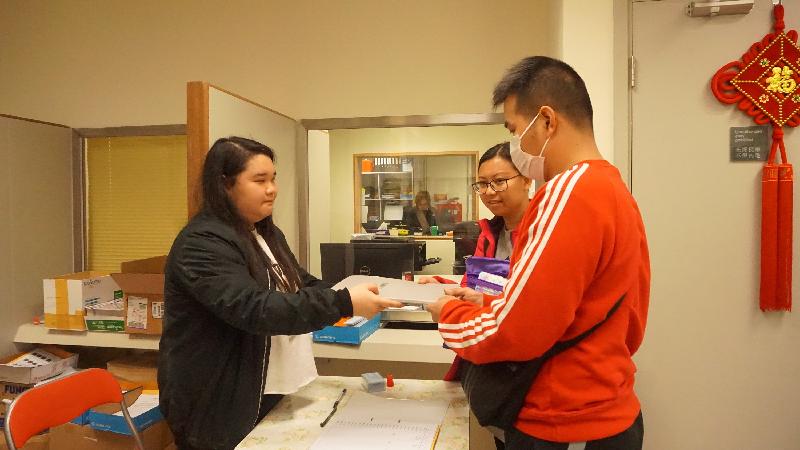Government to switch off analogue television services at end-November 2020
The Government announced today (February 11) that the Chief Executive in Council has approved to proceed with switching off analogue television services (ASO) on November 30, 2020 (11.59pm). Hong Kong will enter an era of full digital TV broadcasting on December 1, 2020 (00.00 hours).
“It is a worldwide trend to switch off analogue TV broadcasting. Not only does digital terrestrial television (DTT) outperform analogue TV in terms of picture quality, but most critically the spectrum currently being used for analogue TV broadcasting should be vacated to meet the increasing demand for high value-added mobile telecommunications services,” the Secretary for Commerce and Economic Development, Mr Edward Yau, said.
“Taking into account factors such as the current DTT penetration rate, the coverage of the DTT network and the supply of relevant products in the market, we confirm that implementing the ASO in late-2020 is the right time,” he said.
Mr Yau said the Government planned to make available a total of 160 MHz spectrum in the 600/700MHz bands to enhance indoor hotspots and the network capacity of indoor mobile telecommunications services after the ASO, which would help relieve congested traffic indoor mobile hotspots, such as MTR stations.
“This is conducive to support overall telecommunications services as well as Hong Kong’s telecommunications and smart city development,” he added.
According to the result of a study conducted in 2017, nearly 90 per cent (more than 2.2 million) of households in Hong Kong had already switched to DTT as of late-2017, representing a very high level of DTT penetration, while about 180 000 households were still receiving analogue TV broadcasting.
“For most Hong Kong residents, their access to free TV services would not be disrupted after the ASO. For the remaining analogue TV users, we encourage them to get prepared in the coming 21 months or so. To access to DTT services, they can switch to a digital TV set, or add a set-top box if their old TV set is still functioning well,” Mr Yau said.
“We also care about those needy and elderly families that are still using analogue TVs. They may need subsidies to buy digital TV sets. We plan to seek funding from the Community Care Fund in the middle of this year to launch a DTT Assistance Scheme to subsidise eligible households to purchase a set-top box or a basic model digital TV set,” Mr Yau added.
Mr Yau said that the Government’s initial thinking is to tie the eligibility of the Scheme to some of the existing Government assistance programmes. In order to streamline procedures, households that are currently receiving such Government assistance will not be required to go through additional means testing. Low-income families not receiving any Government assistance may also apply for the Scheme. Details of the Scheme will be announced later this year when funding from the Community Care Fund is approved.
“We plan to launch the Scheme by end of this year or early next year. About 160 000 low-income families, of which 25 per cent are estimated to be elderly households, will stand to benefit. We will keep the procedures as simple as possible to facilitate applications,” he said.
In the next 21 months or so, the Government will launch a series of promotions in phases to remind analogue TV users to allow sufficient time to switch to a digital TV set or add a set-top box. For details about full digital TV broadcasting, please visit the dedicated digital TV website (digitaltv.gov.hk), or call the Communications and Creative Industries Branch of the Commerce and Economic Development Bureau at 3655 5618 for enquiries. read more




